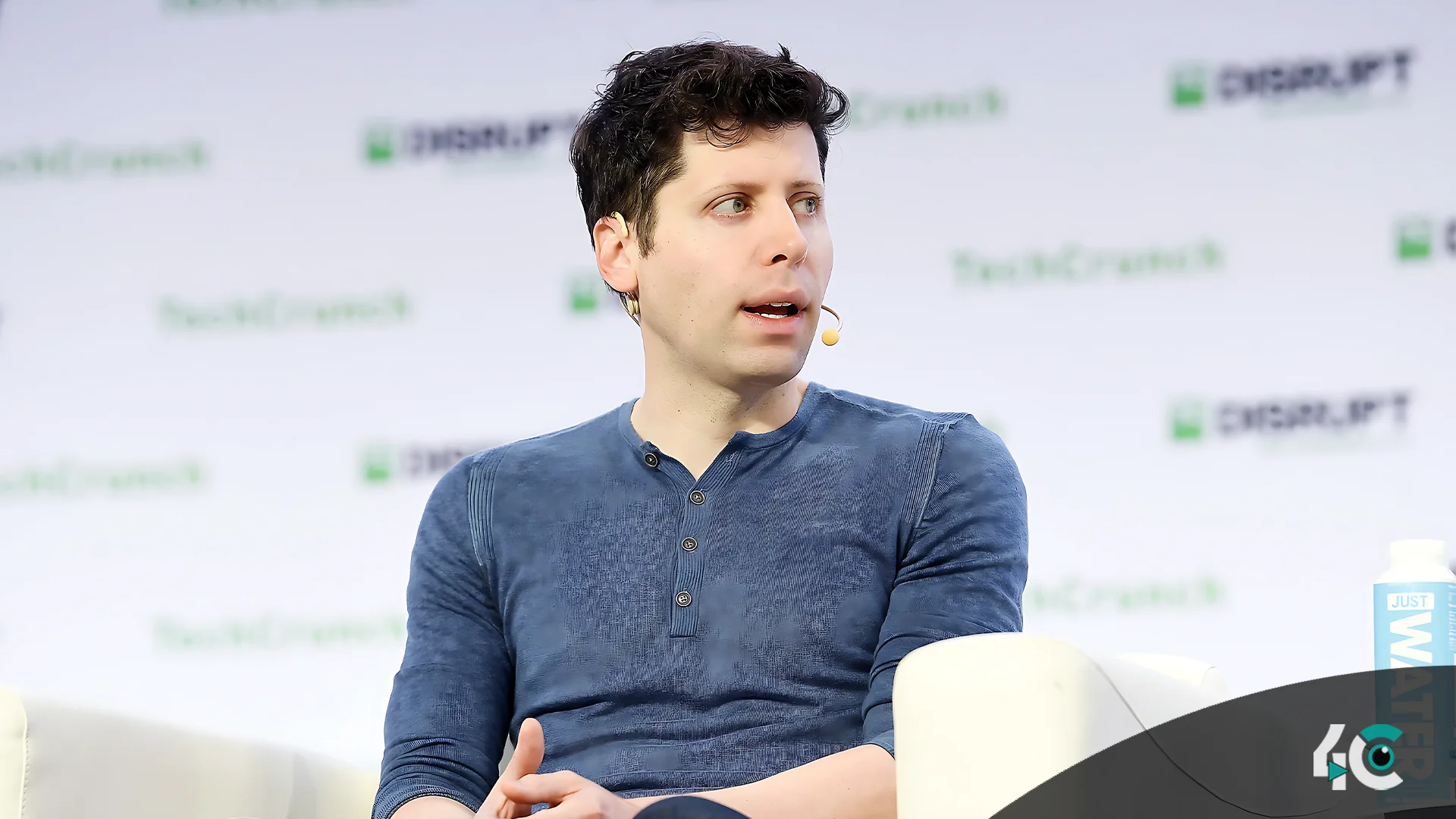In 2025, AI agents are likely to enter the workforce, marking a substantial advancement in the field. In a recent blog post, OpenAI CEO Sam Altman expressed his belief that these autonomous systems have the potential to transform workplace productivity and efficiency.
AI agents, also known as agentic AI, are sophisticated systems that can make decisions and complete tasks with little or no human participation. These systems are capable of independently managing complex goals, performing multi-step reasoning, and completing tasks effectively. Companies such as Nvidia and Microsoft have previously hinted at their adoption, indicating a growing trend of integrating AI into corporate processes.
Altman expressed faith in OpenAI’s ability to develop artificial general intelligence (AGI), a sophisticated type of AI meant to mimic human intelligence. “We are now confident we know how to build AGI as we have traditionally understood it,” the engineer wrote. This achievement takes OpenAI closer to superintelligence, a condition in which AI tools outperform human capabilities, speeding scientific discovery and increasing global prosperity.
The drive toward superintelligence mirrors OpenAI’s broader goal of providing humans with cutting-edge capabilities. Altman said, “Superintelligent tools could massively accelerate scientific discovery and innovation well beyond what we are capable of doing on our own.”
While the introduction of AI agents has the potential to transform businesses, it also raises concerns about job loss. Altman, on the other hand, underlined OpenAI’s dedication to safety and ethical norms, arguing that the gradual rollout of AI technology allows society to adapt and shape its development responsibly.
The premiere of OpenAI’s ChatGPT has already established a precedent for AI’s capabilities, signaling a watershed moment in the industry. As businesses investigate the potential of agentic AI, the world waits to learn how these developments will impact the future of employment.
Experts predict that the US economy could automate up to 30% of its tasks by 2030. This transition emphasizes the significance of balancing innovation and social responsibility as the AI revolution gets traction.
As OpenAI sets its sights on superintelligence, the business is committed to using AI for the greater good, ensuring that its benefits are equitably spread across society.
































